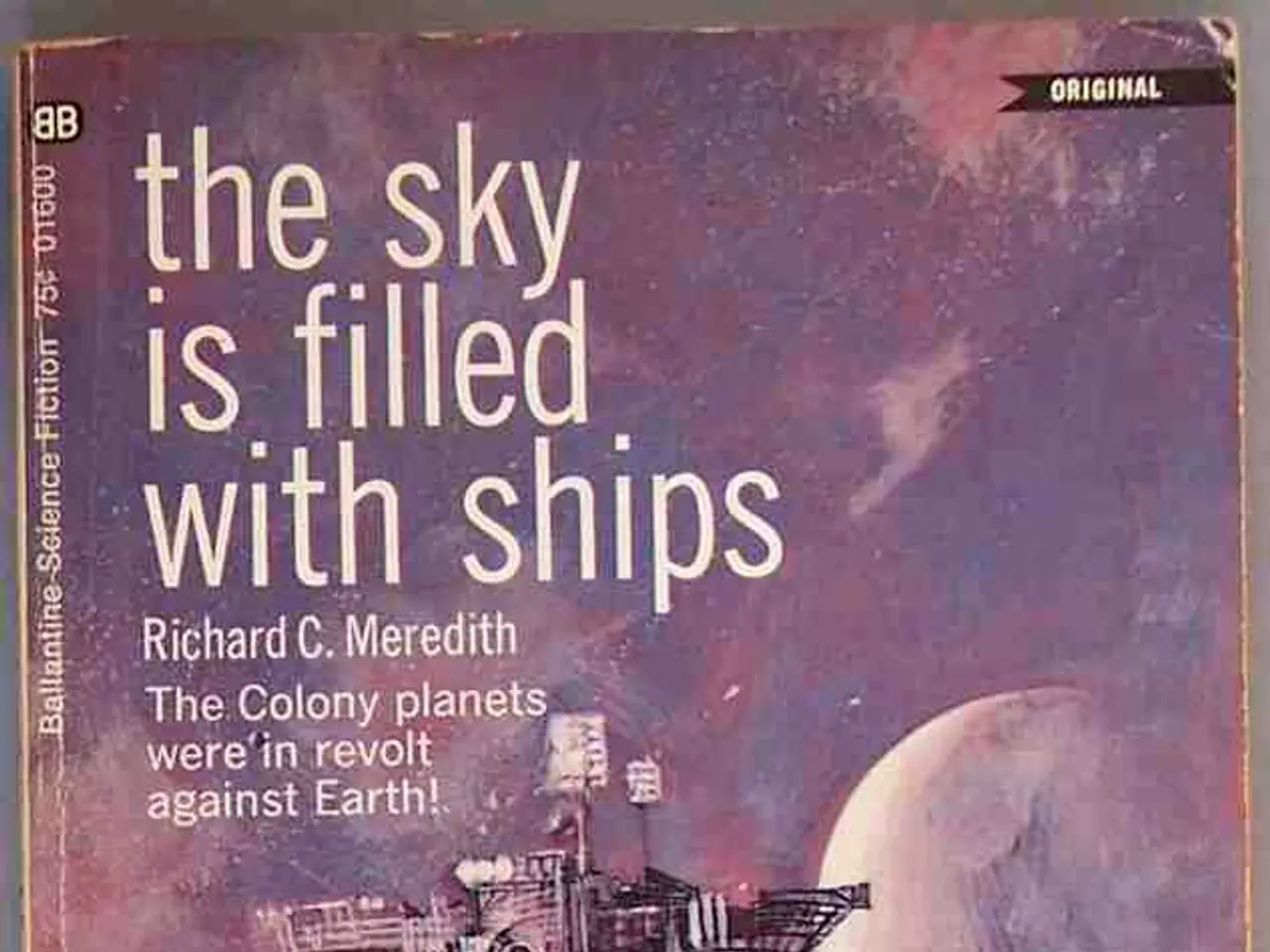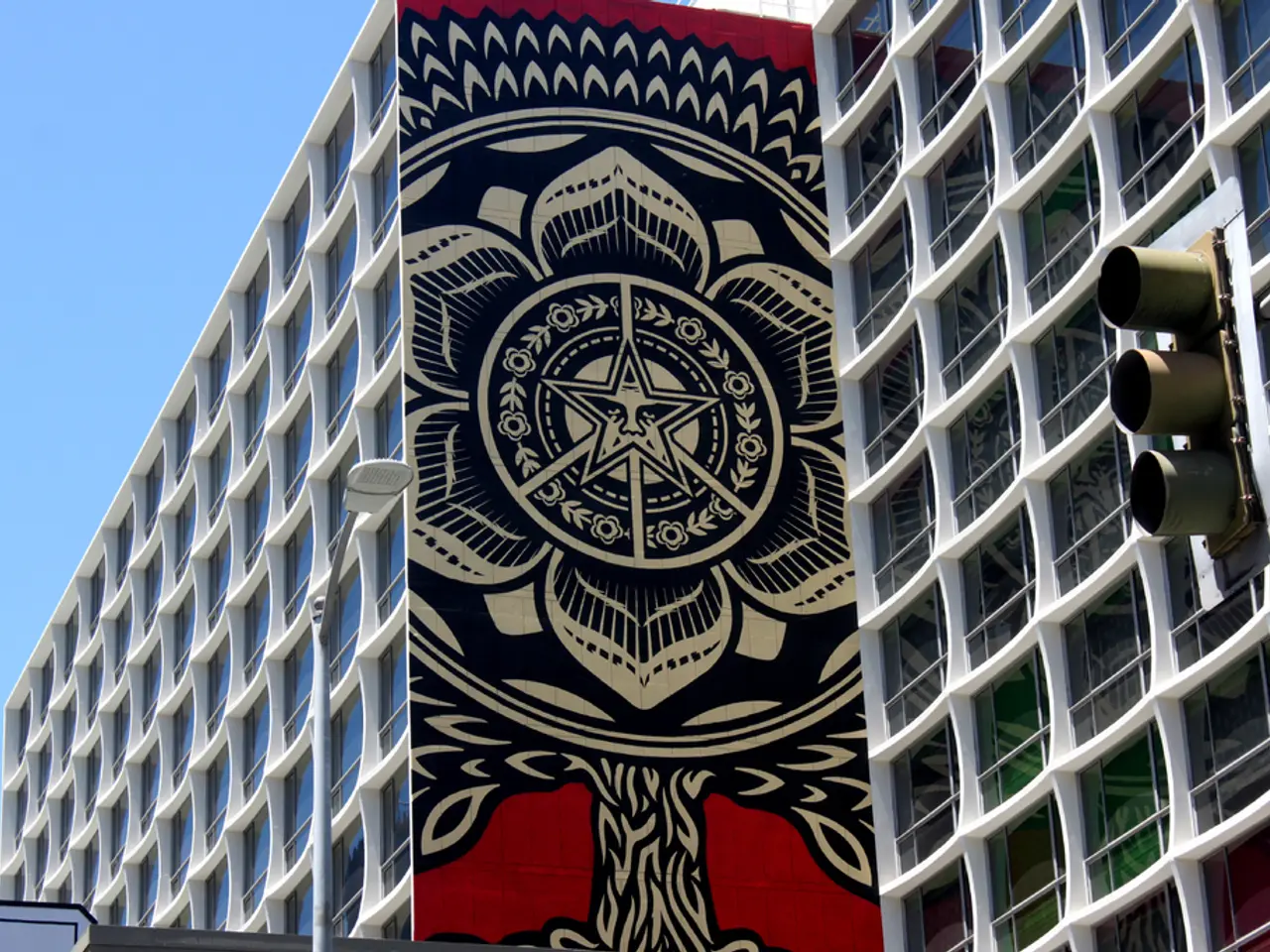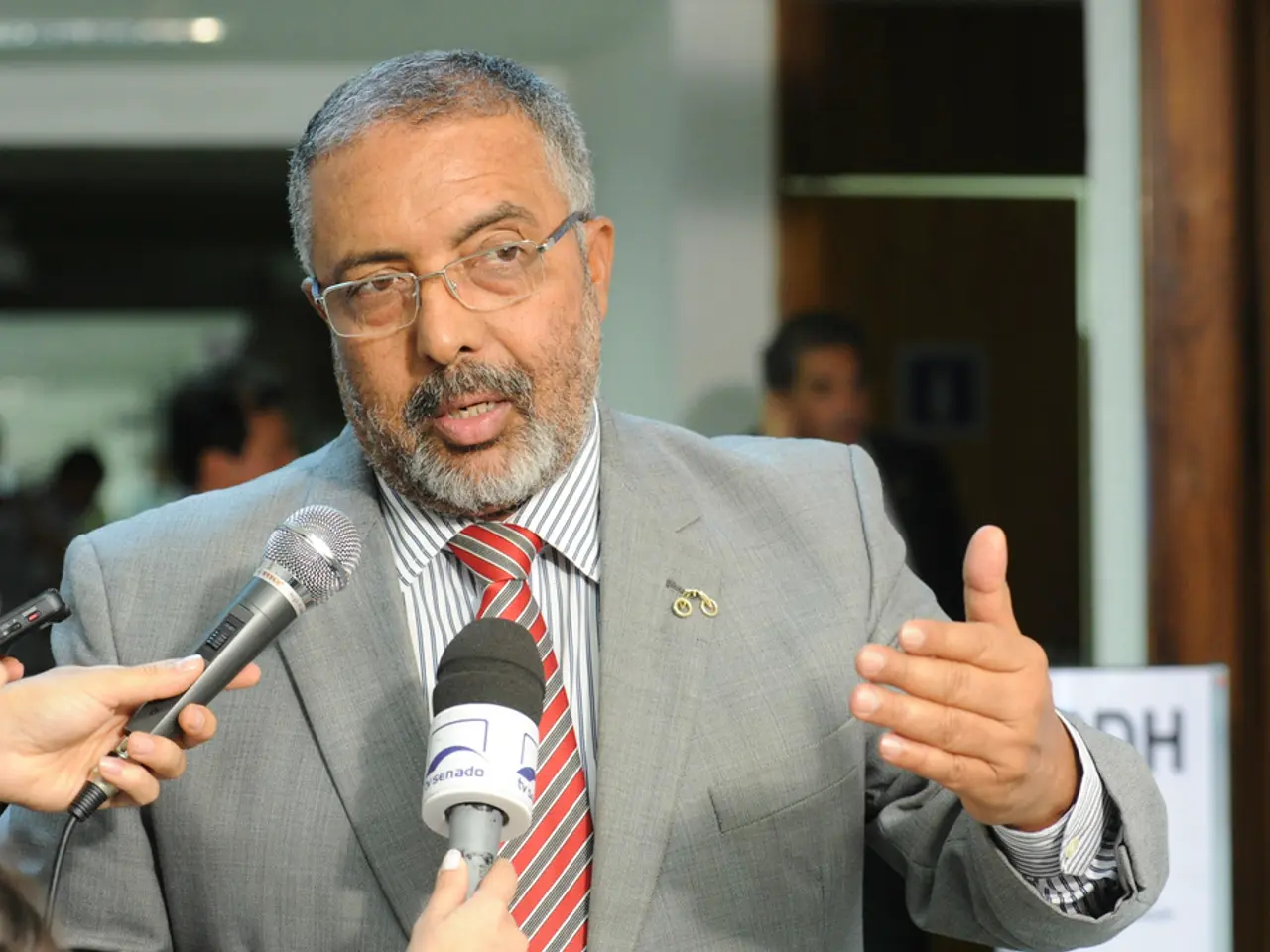Delving into the Realms of Existence and the Universe, Guillaume Verdon Leads the Way
In the realm of science, philosophy, and artificial intelligence, Guillaume Verdon stands as a unique figure, blending the disciplines to create a captivating vision of our world and beyond. Verdon, a scientist developing physics-based AI, views the universe through a thermodynamic lens, finding beauty and excitement in the quest to understand the principles that govern our existence.
At the heart of Verdon's thinking lies the belief that death creates space for novelty, preventing systems from becoming calcified. This perspective is central to his view of adaptation and progress in physics, capitalism, and society. He suggests that we are driven to minimize the gap between our predictions and reality, a pursuit he considers essential for our evolution.
Verdon's work is particularly focused on the "mesoscales," the middle ground between quantum physics and cosmic scales. Here, thermodynamics plays a crucial role, governing the complex systems we encounter daily. Some pockets in the universe display complexity and exist out of equilibrium, offering intriguing possibilities for exploration.
One such possibility is the emergence of life. Verdon posits that life emerges due to seeking out free energy, a concept that forms the basis of life itself. However, specifics about his theory regarding the emergence of life based on the second law of thermodynamics and the concept of free energy are not yet publicly available.
The second law of thermodynamics, a fundamental principle in understanding energy transformations, states that the total entropy of a closed system can never decrease over time. In the context of life, living systems are often considered open systems that can locally decrease entropy by increasing the entropy of their surroundings.
Free energy is crucial for understanding the energy available to perform work in a system, which is vital for life processes. Verdon's work suggests that understanding quantum gravity, considered the "final boss" of knowledge acquisition, will provide further insights into the emergence and maintenance of life.
As we climb the Kardashev scale, ascending from a Type 1 civilization that harnesses all energy reaching its planet from its sun, to a Type 2 that captures all energy output by its sun, and eventually to a Type 3 that utilizes energy at a galactic scale, there's still much to learn about the mesoscales. Verdon emphasizes the importance of continued exploration and understanding as we strive for progress.
Beyond his scientific pursuits, Verdon is a proponent of viral optimism and building a community that supports civilization's growth. He believes there's too much pessimism about technology and the future, which he sees as destructive. Instead, he advocates for a more optimistic outlook, one that embraces the possibilities of engineering new universes, even if they remain speculative for now.
In the realm of alien civilizations, Verdon finds the possibility a useful thought experiment that instills urgency in developing our capabilities. He considers the anthropic principle, the idea that we exist in a universe that allows for life, as fundamental to his thinking.
As we delve deeper into Verdon's work, we find a scientist and thinker who challenges us to reconsider our understanding of life, civilization, and the universe. His unique perspective, grounded in thermodynamics and physics, offers a captivating vision of a world where the pursuit of knowledge drives our progress and the possibilities are endless.
In the realms of science and space-and-astronomy, Guillaume Verdon's work extends beyond traditional boundaries, delving into the mesoscales and exploring the emergence of life. His belief in technology as a tool for exploration and progress, particularly in understanding quantum gravity, aligns with his vision of a universe where engineering new universes is not just speculative, but a potential reality.




